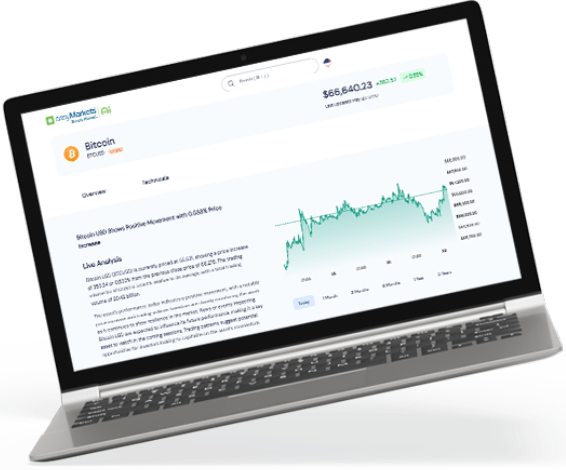What If the USA Defaults on its Debt?
The United States, the world's largest economy, is widely regarded as an economic powerhouse, boasting the world's largest economy and serving as a beacon of stability in the global financial system. Yet, amidst the intricate web of economic intricacies, one question looms large: What would happen if the USA fails to service its colossal debt and defaults on its debt?
Alternative Global Currency, US Treasury Bond Sell Off, & Downgraded US Debt
The U.S. dollar, historically a stable and reliable world currency, could face stark erosion in its prominence. A U.S. default may instigate a fractioning of monetary allegiance, leading governments to diversify their foreign exchange reserves. Investors and countries alike might flock towards other stable currencies like the Euro or the Yen. This shift could alter the geopolitics of global finance, bestowing other major currencies with increased strength and potentially subverting the hegemony of the dollar. It would be transformative for global financial dynamics, as countries adapt to this new world order and revamp their international economic policies based on the newly strengthened currencies.
Concurrently, a loss of faith in the U.S. government's ability to fulfill its fiscal obligations could instigate a mass sell-off of U.S. Treasury bonds - traditionally viewed as a secure investment. This would lead to unprecedented volatility and skyrocketing yields in the bond market. A panic-induced tsunami could dismantle the traditional safety associated with these assets, potentially transforming the global bond landscape, and triggering a ripple effect through mutual funds, pensions, and the breadth of institutions heavily invested in these bonds.
As the perceived risk of US debt increases, credit rating agencies could downgrade U.S. debt, making the cost of borrowing exorbitantly high. This scenario could lead to financial discomfort for organizations dependent on loans for their operations, potentially triggering a domino effect of corporate defaults and bankruptcies. The impact would reverberate across employment rates, resulting in higher unemployment and reduced consumer spending, both of which could exacerbate an already grim economic situation.
Private Equities & Global Stock Markets
With a decrease in confidence in the US dollar, investors will seek stability amidst tumultuous waves and companies searching for growth capital may divert their resources towards private equity. The predicted surge in private equity investments emanating from a sense of security they propose against market volatility could cause a notable shift in the capital landscape. This upswing in private equity can offer a
strong underpinning to the growth of private firms. Furthermore, the trend might also trigger a recalibration of public-company corporate strategy, with firms seeking to delve into private territories for expanded flexibility and operational leeway.
Finally, the widespread financial uncertainty resulting from a US default may ignite panic selling among investors worldwide. This frantic rush to offload holdings could lead to massive drops in stock market indices globally, wiping out significant wealth. Such a crash would not only bear devastating consequences for individual and institutional investors but may also plunge the global economy into a prolonged recession.
A Global Fallout
Contemplating the hypothetical scenario of a US debt default brings to light the magnitude of its potential consequences. The repercussions would extend far beyond domestic borders, impacting financial markets, interest rates, and the global economic landscape.























